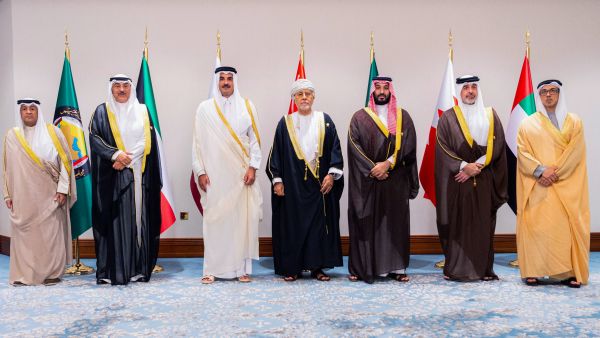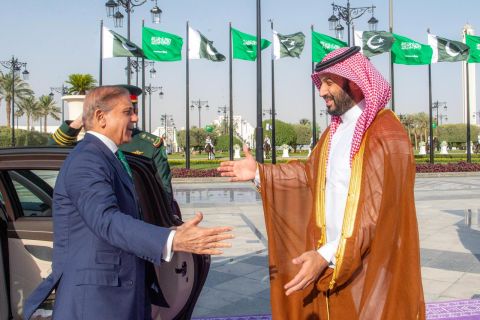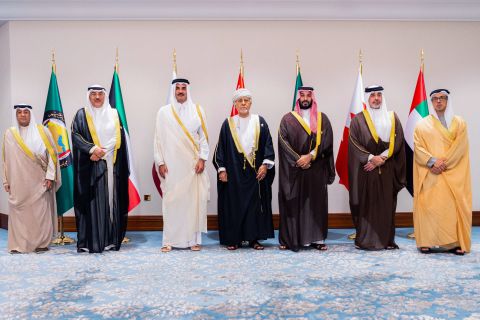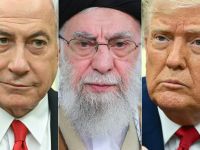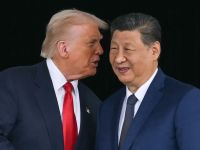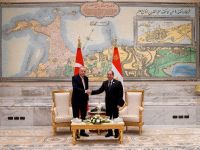ALBAWABA- The Gulf Joint Defense Council convened an emergency session in Doha today, condemning in the strongest terms Israel’s recent airstrike on Qatar, calling it a “dangerous and unacceptable escalation” that violated international law and the UN Charter.
The council affirmed that the attack on Doha was an assault on all Gulf states, pledging full support for Qatar’s sovereignty, security, and territorial integrity.
“The security of the Gulf is indivisible,” GCC Secretary-General Jassim Al-Budaiwi said, stressing that any aggression against one member would be treated as an attack on the collective.
In response, the GCC announced a package of urgent defense measures, including accelerating the work of a joint early-warning system against ballistic missiles, upgrading joint defense plans in coordination with the Unified Military Command, expanding intelligence-sharing among member states, and conducting joint air-defense and air-operations drills within three months, to be followed by a live exercise dubbed Sectors.
Officials said these steps aim to close gaps in the region’s security architecture exposed by Israel’s unprecedented September 9 strike on Doha, which killed five Hamas negotiators and a Qatari officer and derailed delicate ceasefire talks over Gaza.
The timing of the extraordinary GCC session was notable, coming just a day after Saudi Arabia and Pakistan signed a sweeping strategic defense pact in Riyadh.
Under the deal, any armed aggression against one will be treated as an attack on both, encompassing joint military exercises, defense technology transfers, intelligence sharing, and even potential deployment of Pakistani troops to Saudi borders.
The agreement, inked by Saudi Defense Minister Prince Khalid bin Salman and his Pakistani counterpart Khawaja Muhammad Asif, implicitly extends Pakistan’s nuclear deterrence umbrella to the Gulf kingdom.
Saudi media hailed the pact as “historic,” allowing Riyadh to fully leverage allied military assets without Western restrictions. Reports indicate that as part of the agreement, 25,000 Pakistani troops could be deployed along Saudi Arabia’s frontier with Yemen to counter Houthi threats, with reciprocal Saudi support for Pakistan’s defense needs.
The dual developments, Israel’s direct strike on Qatar and Riyadh’s pivot toward Islamabad, highlight a profound shift in Gulf security strategy. Once reliant on U.S. protection, Gulf monarchies are increasingly disillusioned with Washington’s failure to shield them from Israel, its closest regional partner.
The Doha strike, which bypassed U.S.-backed defenses, has fueled perceptions of American negligence and betrayal among Gulf allies, despite decades of energy-driven ties and hosting U.S. bases.
Analysts say the Saudi-Pakistani pact represents more than a bilateral alliance: it signals a recalibration of power in the Middle East, one that could further isolate Israel, complicate U.S. influence, and reverberate across South Asia, particularly in India, China and Iran.



